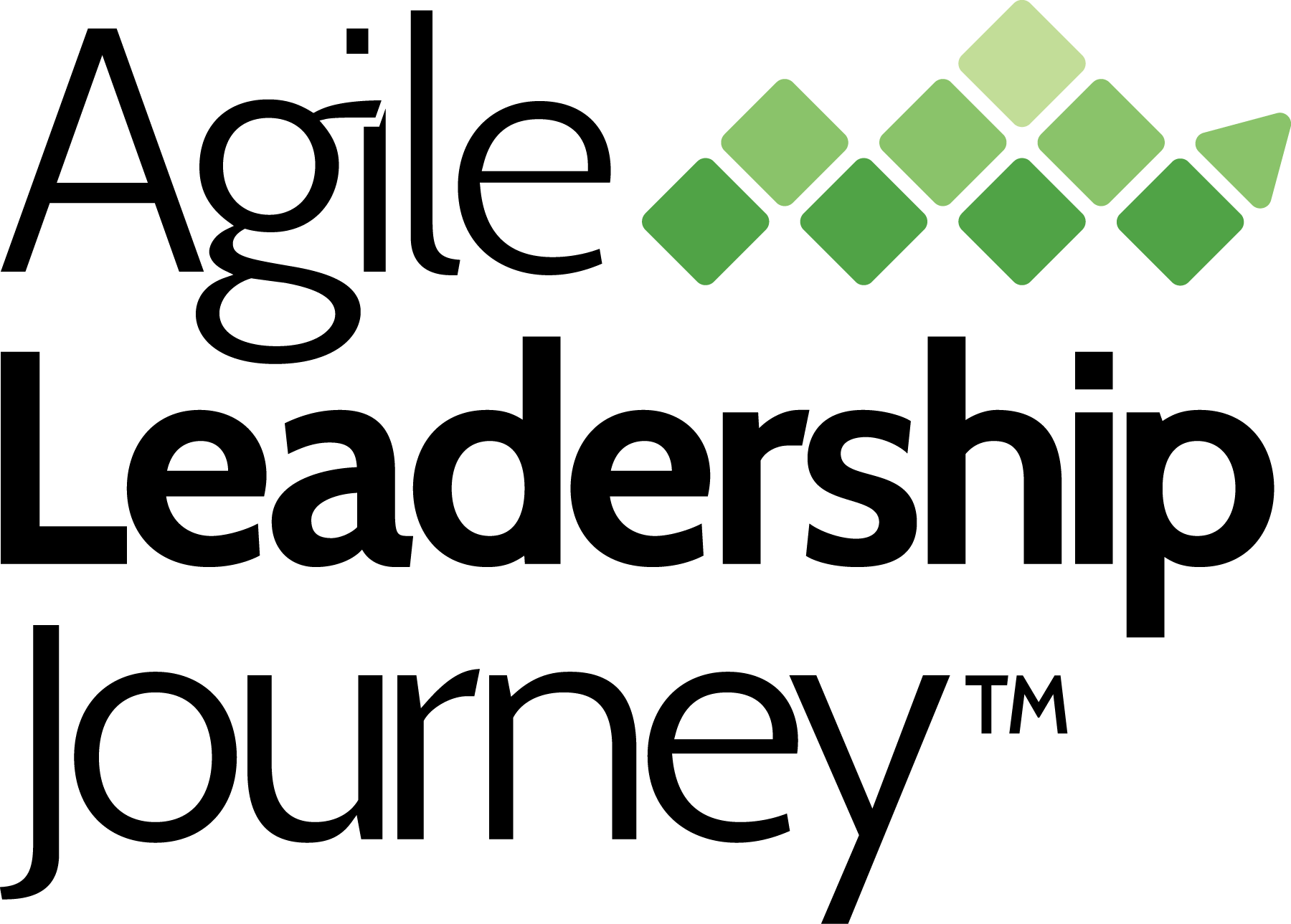What We're Reading — Think Again by Adam Grant
Every six weeks or so, we host a book club inside of our Agile Leadership Journey guide community. We select a book that feels relevant to our work, our lives, and our own leadership journeys, then we gather to talk about it.
Our most recent selection was Adam Grant’s
Think Again.
About Think Again, from the book jacket:
“Intelligence is usually seen as the ability to think and learn, but in a rapidly changing world, there’s another set of cognitive skills that might matter more: the ability to rethink and unlearn.
... Intelligence is no cure, and it can even be a curse: being good at thinking can make us work at rethinking. The brighter we are, the blinder to our own limitations we can become. … It’s an invitation to let go of views that are no longer serving us well and prize mental flexibility, humility, and curiosity over foolish consistency. If knowledge is power, knowing what we don’t know is wisdom.”

This book could not be more aligned with what we value most in leadership. In fact, the concept of rethinking and relearning is what inspired our podcast. As a group, we really enjoyed this book. Here are just a few of our takeaways.
Understanding others vs. being right
A commitment to curiosity over being right is a more agile way of thinking. Rather than insisting on your position, question both sides. It’s always okay to change your mind, but being open to change doesn’t mean that you’re required to make that choice.
Seeking common ground builds connection and opportunities for growth. When you find yourself in disagreement with someone else, you’ll find that you are more influential if you seek to connect on where you are the same, rather than highlighting where you are different. In the end, we will find connection through our sameness, and we will grow through our differences. Both aspects are important to learning and growth.
Relational connection is important to high-performing teams. While the task conflict may be higher in these groups, the relationship conflict is generally lower. In turn, this also leads to teams who turn to rethinking and relearning to resolve task conflict.
Approaching ideas with a scientific mindset
In the first chapter of the book, Grant talks about four different modes of thinking: the preacher, the politician, the prosecutor, and the scientist. When we are in a preacher mode, we are pushing our own ideas, convinced of our rightness and expecting others to believe things on sheer faith. When we’re operating as a politician we’re seeking the approval of others. When we shift into prosecutor mode, we have clear “sides” we are trying to prove are “right” and specifically, we are trying to demonstrate the wrongness of others. But Grant presents that the magic happens when we think like a scientist who approaches everything as a question to be answered, and are willing to change their stance when new information is available. From a scientist’s mindset, accepting that we do not know and that we might be wrong are foundational to the practice.
Unlike the other three, a scientific approach isn’t an either/or, rather a both/and. It can be applied to all situations and leads to innovation and adaptability. It allows for the possibility of change and growth without demanding it. This is a growth mindset.
We discussed how we can often get attached to our ideas. We should be cautious about forming an unconditional bond to our ideas. Rather, taking a provisional approach to our ideas allows us to be more scientific in our thinking.
Learning in decision making
Grant dove into the topic of decision making, and we talked in depth about how teams make decisions. Going back to the topic of challenging our ideas and being curious, we discussed how the process of coming to decisions is more important than the outcome.
Even when the wrong decision is made, if there is a depth to the process, there are opportunities for learning. If the process is shallow, and the outcome is positive, that can be attributed to luck. A deeper process will reflect back on what was learned in the process and find value regardless of the outcome.
Using the imposter syndrome as a power for good
We have often thought of the imposter syndrome — the feeling that you are not qualified for something, regardless of your experience or expertise — as a negative trait. Grant challenges this idea and argues that it is those who carry the feelings of doubt who actually work harder to overcome the feeling of inevitable failure, thereby being successful in the long run. He adds that feeling the imposter feeds our curiosity and leaves us more open to learning and trying new things.
On the opposite end of the spectrum, the Dunning-Kreuger effect, a.k.a. the "armchair quarterback", is represented by one who has an overconfidence in their abilities as compared to their expertise. There is an inherent danger in a leader who is filled with confidence, but lacks competence. These types of leaders tend to lack awareness and are not as open to collaboration as others. This combination can lead teams into unfavorable outcomes.
Grant also explores the gender dynamic and how that plays a role in this situation. Men who experience the imposter syndrome tend to be spurred into action and collaboration. They will find themselves overcompensating out of fear of failure, whereas women are more likely to be debilitated by the same thoughts.
Overall, it was a lively discussion! We are looking forward to our next book, The Challenge Culture: Why the Most Successful Organizations Run on Pushback, by Nigel Travis.
Learn more about
our guide community and how we are rethinking leadership.
Contributors to this discussion
Pete Behrens,
Cristina Bosio,
Eunice Brownlee,
Christina Carlson,
Charlie Fleet, Josh Forman,
Joern Kolodzey, JP Puttaswamy, Manju Rao,
Brad Swanson, and
Tracey Wilson






